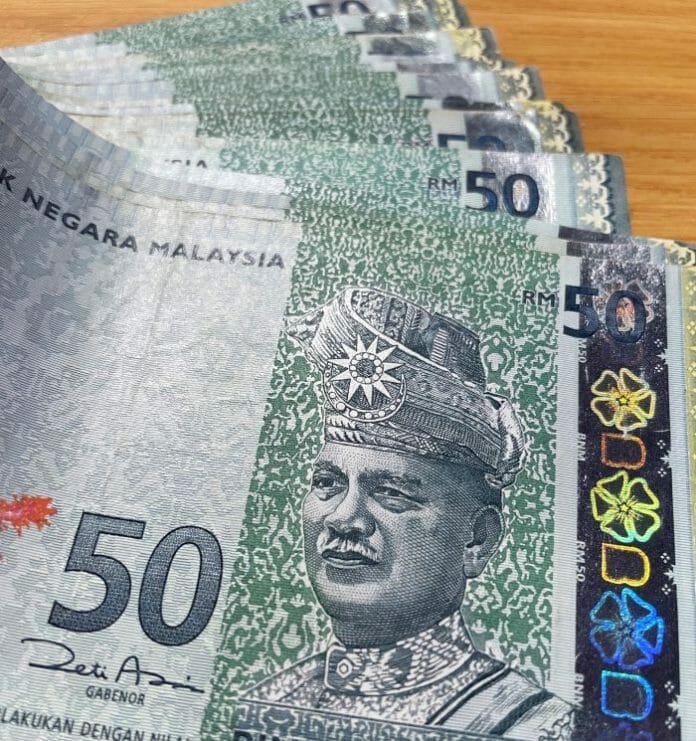- cross-posted to:
- worldnews@lemmy.ml
- cross-posted to:
- worldnews@lemmy.ml
Malaysian Prime Minister Anwar Ibrahim addressed parliament on Sept. 11 on optimization of rare earth resources. (Photo courtesy of Prime Minister’s Office of Malaysia)
NORMAN GOH, Nikkei staff writer
September 11, 2023 20:24 JST
KUALA LUMPUR – Malaysia will develop export ban policies on rare earth elements to avoid “exploitation and loss of resources, guaranteeing maximum returns” to the country, Prime Minister Anwar Ibrahim said in parliament on Monday.
“Detailed mapping of rare earth elements and an overall picture of a business model combining upstream, midstream and downstream industries will be developed to ensure that the value supply chain of rare earth elements remains in the country,” the prime minister said as he tabled a mid-term review of the government’s five-year economic plan that runs to 2025.
Anwar did not specify any timing for the export ban.
Malaysia has deposits of monazite and xenotime, which are minerals with rare earth elements of critical importance to high tech electronics and renewable technologies.
The country’s Minerals and Geoscience Department had reported that the rare earth minerals are found in ten of the country’s 13 states on both the Malay Peninsula and Borneo Island.
In August last year, the department said that the state of Perak, north of Kuala Lumpur, sits on 1,687,500 tonnes of lanthanide worth around $20.25 billion. The mineral has magnetic properties and is used in electronic and optical devices.
The rare earth industry was identified in the review on Monday as a high-growth, high-value sector that can accelerate structural economic reforms. Non-radioactive rare earths are expected to contribute as much as 9.5 billion ringgit ($2.05 billion) to the country’s gross domestic product and create nearly 7,000 jobs by 2025.
ADVERTISING
In July, Nik Nazmi, the minister of natural resources, environment and climate change, told parliament that the country currently has about 16.1 million tonnes of non-radioactive rare earth elements, estimated to be worth about 809.6 billion ringgit.
Malaysia’s move follows some other countries. In August, China imposed an export ban on gallium and germanium in response to curbs by the U.S. and its allies on the exports of advanced technologies to the country.
China accounted for 70% of rare earth exports in 2022, ahead of the U.S., Australia, Myanmar and Thailand, according to the United States Geological Survey.

